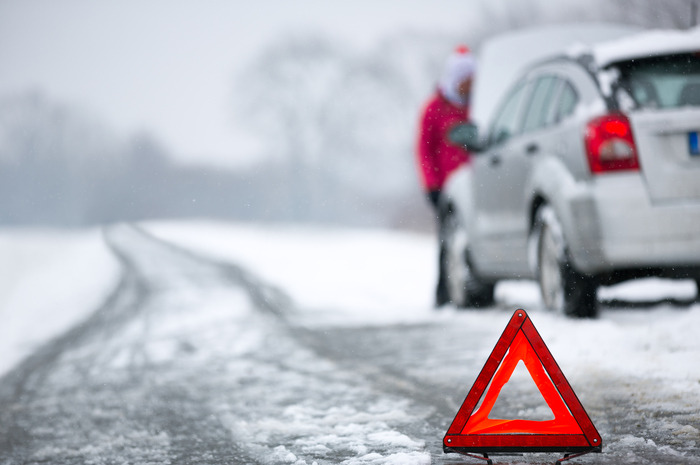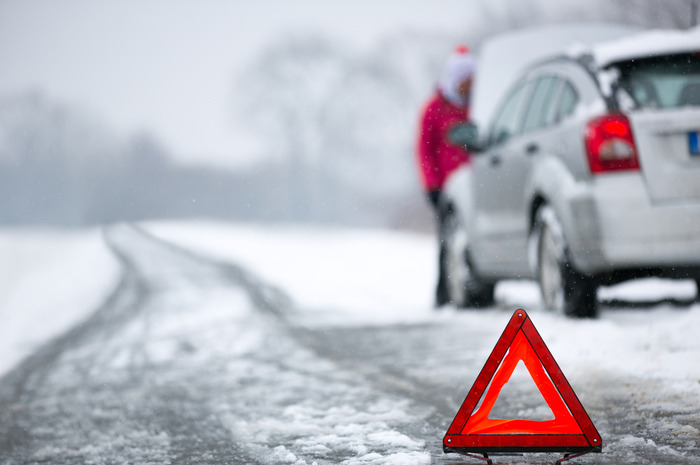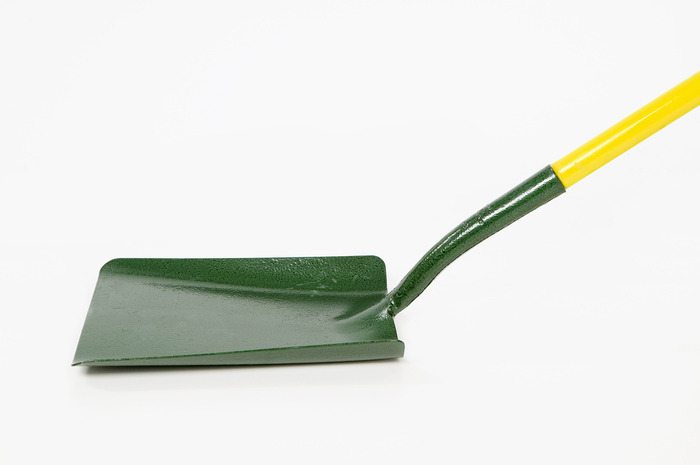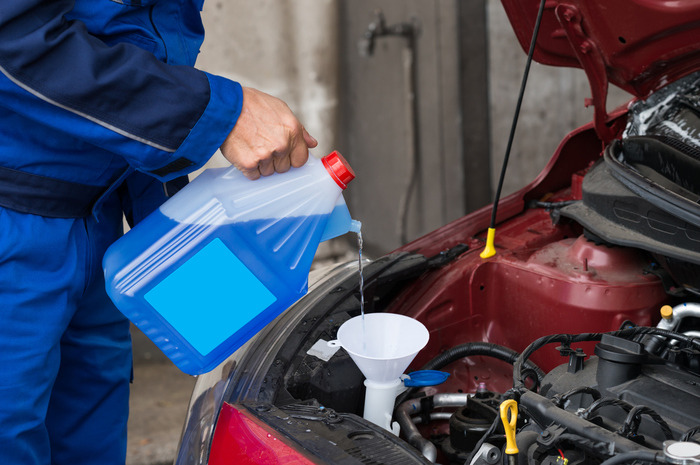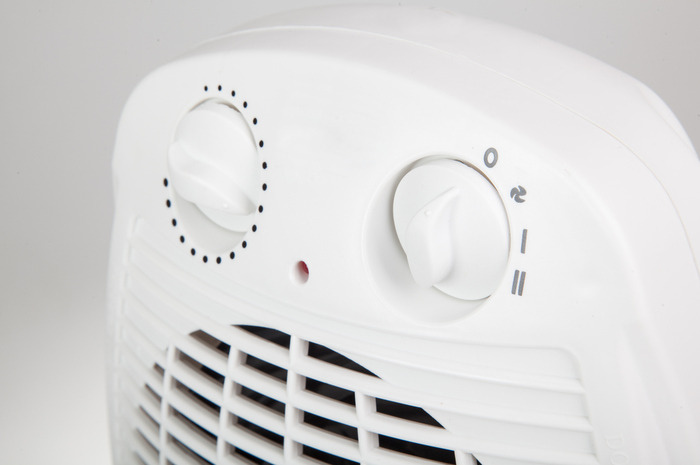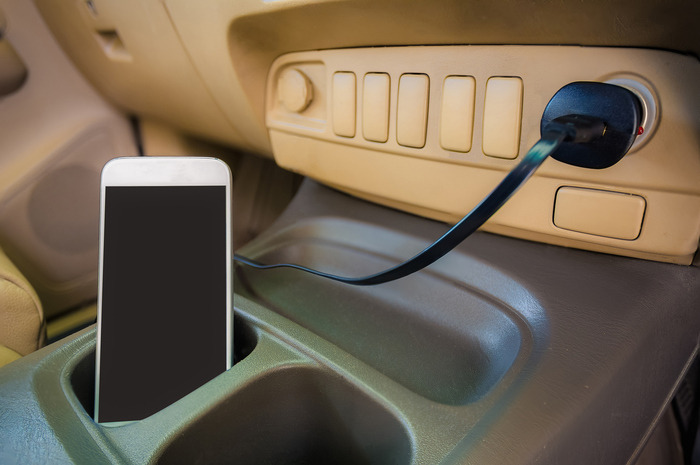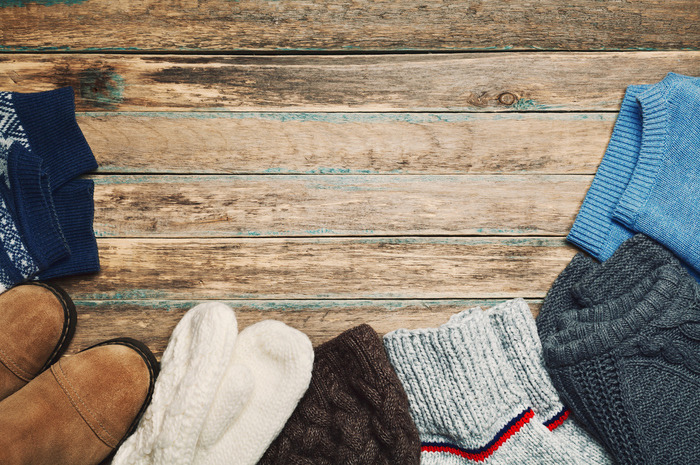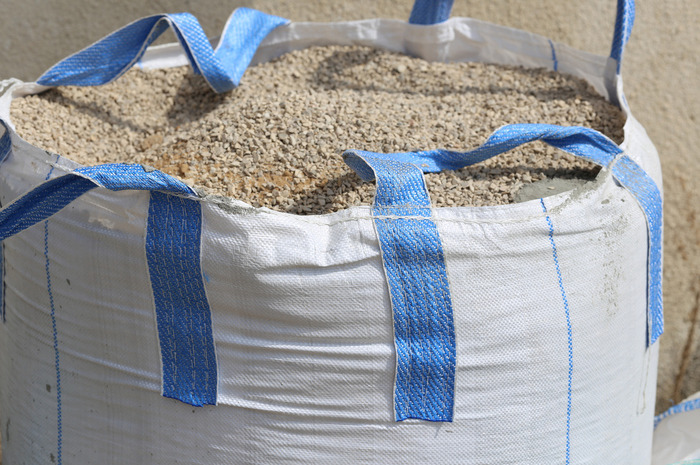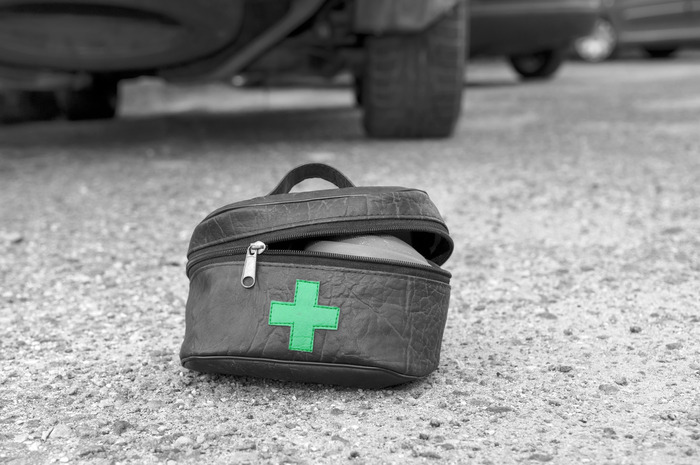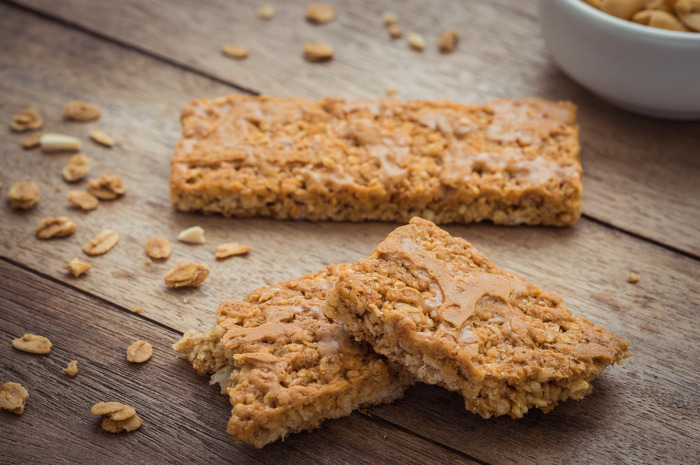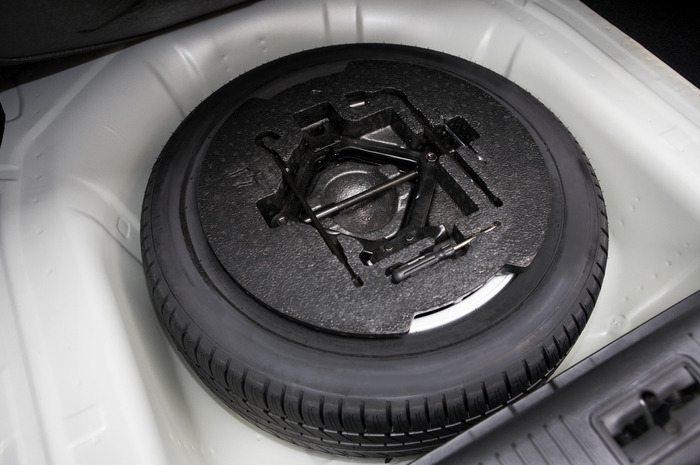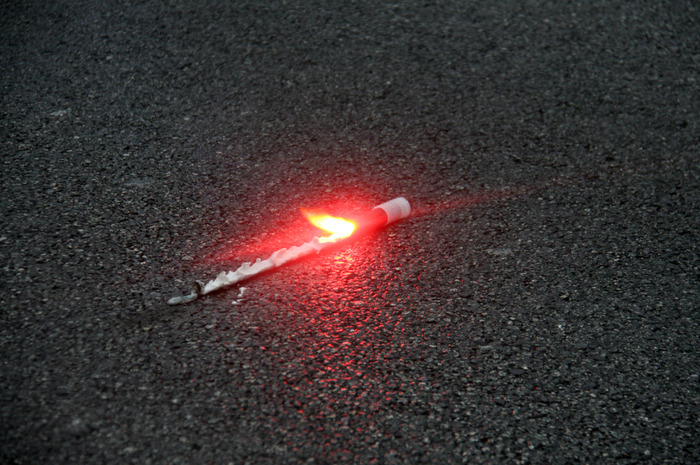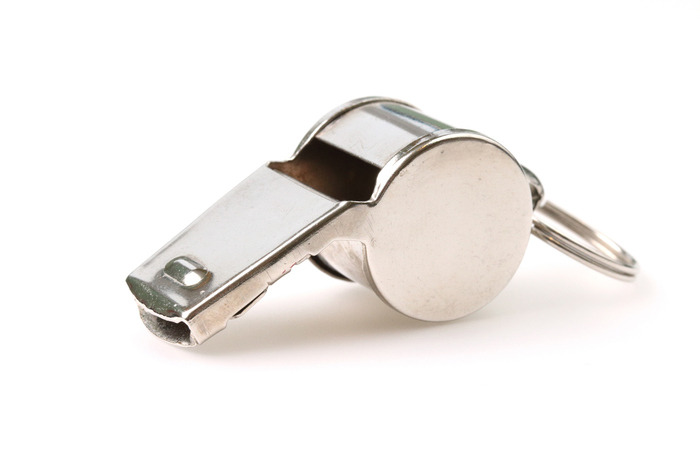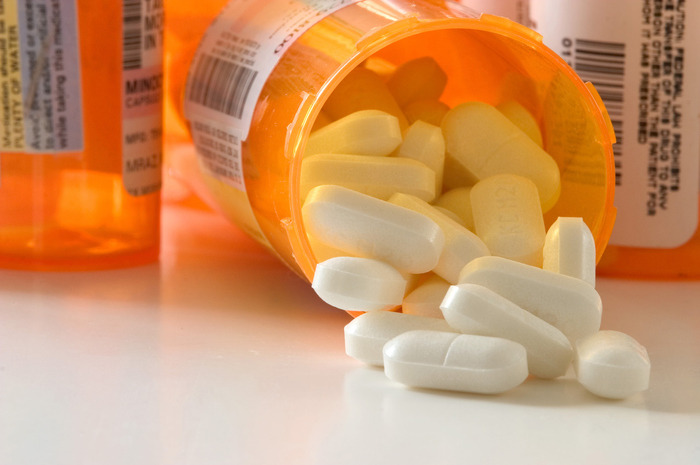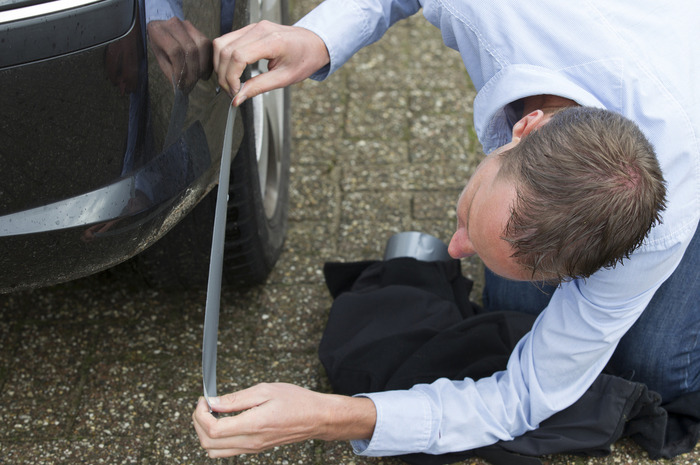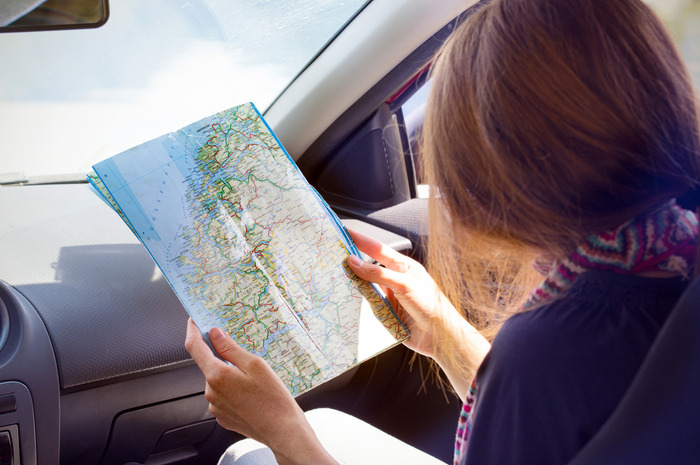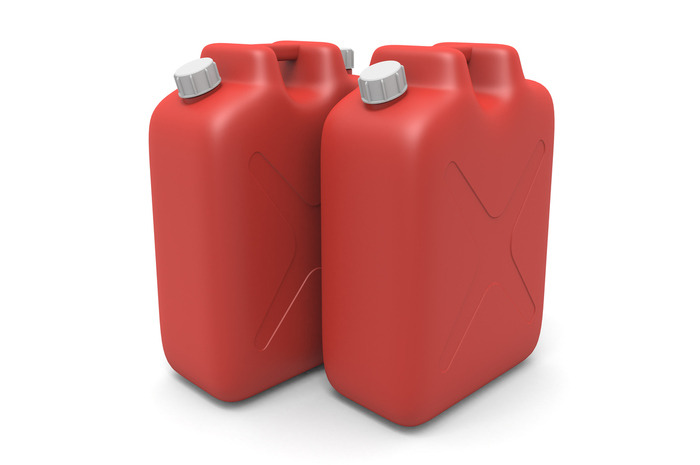Winter Survival Kit: 21 Items To Keep In Your Car
Winter Survival Kit: 21 Items to Keep in Your Car
You are a spontaneous person and decide to go on a road trip. But your adventure is facing a potentially fatal problem – you get a flat tire after spinning on ice. You don't have a spare because most new cars don't come with one; you want to call for help but the cold has killed your battery. What do you do now? Don't ever get caught unprepared. It can save you and your passengers' lives.
Shovel and a broom
Winter weather is often unpredictable. You may get to your friend's country house but a storm can drop feet of snow in just a few hours. You need to shovel it and clear the road ahead of you. Store a shovel that can handle hard packs. It will help you to dig out in a pinch. Keep at least a broom in the car if even the smallest shovel occupies a lot of space. The process of sweeping the snow away with a broom is slower but just as effective.
Antifreeze
Make sure your antifreeze level and mixture is appropriate. Winter is unpredictable and it can cause a serious problem – freezing. The proper ratio between antifreeze and water in the cooling system is half and half. Stop by a car shop before you go on the road to test the mixture. The antifreeze also shields the cooling system from corrosion.
Defroster and heater
A road trip in the winter outback usually means ice on the windshield, brought by condensation; hence, no visibility. Most people don't have time to wait for the temperatures to rise, which can take hours, for the ice to melt. A defroster will take care of the problem by heating the air inside the car.
Cell phone charger
Your first instinct is to call for help if you're ever in trouble. However, low temperatures drain the life out of batteries a lot quicker. Always have a plug-in unit or a hand-crank charger in your vehicle. If your car battery dies, which is a realistic assumption in the winter, the charger won't work. Keep a portable charger and leave it there.
Blankets or a sleeping bag
Your car breaking down in the middle of the road in the cold winter means no heater. Emergency blankets – you probably know them as "space blankets" – don't cost much. Stack the car with a few – at least one per passenger. Add a sleeping bag if you have space. Bring wool blankets, which are even warmer, as an alternative. They are best for moist conditions. It's a good idea to have chemical heat packs to put under the blanket.
Extra gloves, socks, hats, boots
Put your skiing clothes in the trunk. Keep a jacket you don't wear often in there too. A hat, scarf, gloves, socks and anything that will keep you warm, should be in the car as well. Don't skip the basics; it may cost you a finger or a toe. Don't forget to move a lot if you're stranded. Move your entire body to improve blood circulation and generate body heat.
Flashlight
A flashlight or a headlamp is a crucial item to always have in your car. You can't change a flat tire or install tire chains at night. It helps to be able to see when you are in an unfamiliar place. They are good for warning people of an accident. You can also use them for an SOS signal. Get a flashlight with a very bright bulb and make sure it's charged.
Sand or grit
They will help with traction because the weight of the sand provides more pressure on the tires. Pour some in front of them when they are slipping. Some drivers like to add weight to the rear of front wheel drive cars so the rear doesn't glide when they have to make turns. This improves traction for the rear tires.
Jumper cables
Very cold temperatures, which are typical in the winter in some states, can kill the car battery. Everybody needs a boost every now and then. Finding a person with a car to help you is easy, but many people forget the jumper cables. You may also end up saving someone else's day. That's always a nice feeling.
First-aid kit
Bandages, antiseptic cream, hot and cold packs, sterile gauze pads, adhesive tape, tweezers, non-latex gloves, breathing barrier... Look for a kit that has all of these items. Add hand sanitizer, a bulb suction device for flushing wounds and a thermometer. Know how to properly use all of them.
Extra food and water
You never know for sure how long you may be stranded out there in the cold. What if there is a storm and even rescue teams can't reach you? You need food and water. The best snacks for these kinds of situations are high-calorie energy and protein bars. A few can provide more than 2,000 calories without the refined sugar and sodium. A top priority is to stay hydrated. Don't buy gallons of water because they are too heavy and take up too much space. Instead, get a pack of small water bottles that you can put anywhere in the car. Make sure to carry a few extra refillable bottles just in case.
Spare tire
An extra tire can save you hours waiting for help. You can drive up to 50 miles on a spare, enough to get you to a comfortable place where you can wait for help. At least have an emergency flat tire inflator canister if a spare takes too much space.
Fire extinguisher
Cars catch fire. Pretty much everything in a vehicle is combustible – gasoline, diesel, batteries... Be the hero and have a small fire extinguisher in case you have to deal with sparks. Buy one that is rated for Class B and Class C fires by the National Fire Protection Association.
Road flares
They will help rescuers see you from far, far away because the flickering of the flare is very bright. Flares are the unanimous emergency distress signal. They will certainly make you stand out against all the whiteness surrounding you. Plus, flares self-consume so they are not dangerous. Make sure you at least have a reflective triangle.
Pocket knife
A multi-tool, folding pocket knife can be everything you need. A folding Swiss Army Knife with four or five tools built into it is the ultimate choice. You can use it for minor repairs on the car, to eat, cut seatbelts if they get stuck, break one of your windows in case of an emergency, open cans, dry tree branches for fire, cut duct tape, etc.
Whistle
Nothing gets people's attention better than loud noises. A whistle can help you get attention faster because it will "send" a signal for miles away. They can be heard even when it's very windy outside. Whistles can come in handy if the people who stopped to help you didn't turn out to be very Good Samaritans. Scare them away.
Prescribed medications
Keep an extra pack of your medication in the car if you are taking any sort of prescribed drugs and you have to take your pills every few hours. The same goes for any medications if you have asthma or allergies.
Matches, lighters and candles
Candles can serve multiple purposes. It gets dark early in the winter. No one is going to see you if you're stranded off of a highway at 10 p.m. and your car battery has died. You have to bring attention to you but you also have to be able to see your surroundings. You can also use them to stay warm and melt snow for water.
Duct tape
Duct tape is a wonder item. Use it to patch leaks until help gets to you. The radiator hose is probably cracked if your car starts overheating. Duct tape will fix that. It's great to reattach parts of the car that have come loose as a result of hitting bumps and potholes – common problem in the winter. All of these solutions are temporary but will save you a lot of trouble on the road and will get you to your destination.
Road map
This may be so 1985 but it can save your life. You can't access Google Maps to see where you have to go if your phone is dead or has no service. You don't want to take a chance because you may end up encountering a bear. You can also use the printed road maps as a heat source if you stuff them under your jacket or blanket.
Fuel container
One of the most common reasons people get stranded is because they run out of gas. Don't risk being in that situation. Always make sure your tank is at least half full and that you have a small but full fuel container. You can also get a collapsible one so it doesn't take up a lot of space. You can use it and walk to a gas station.
